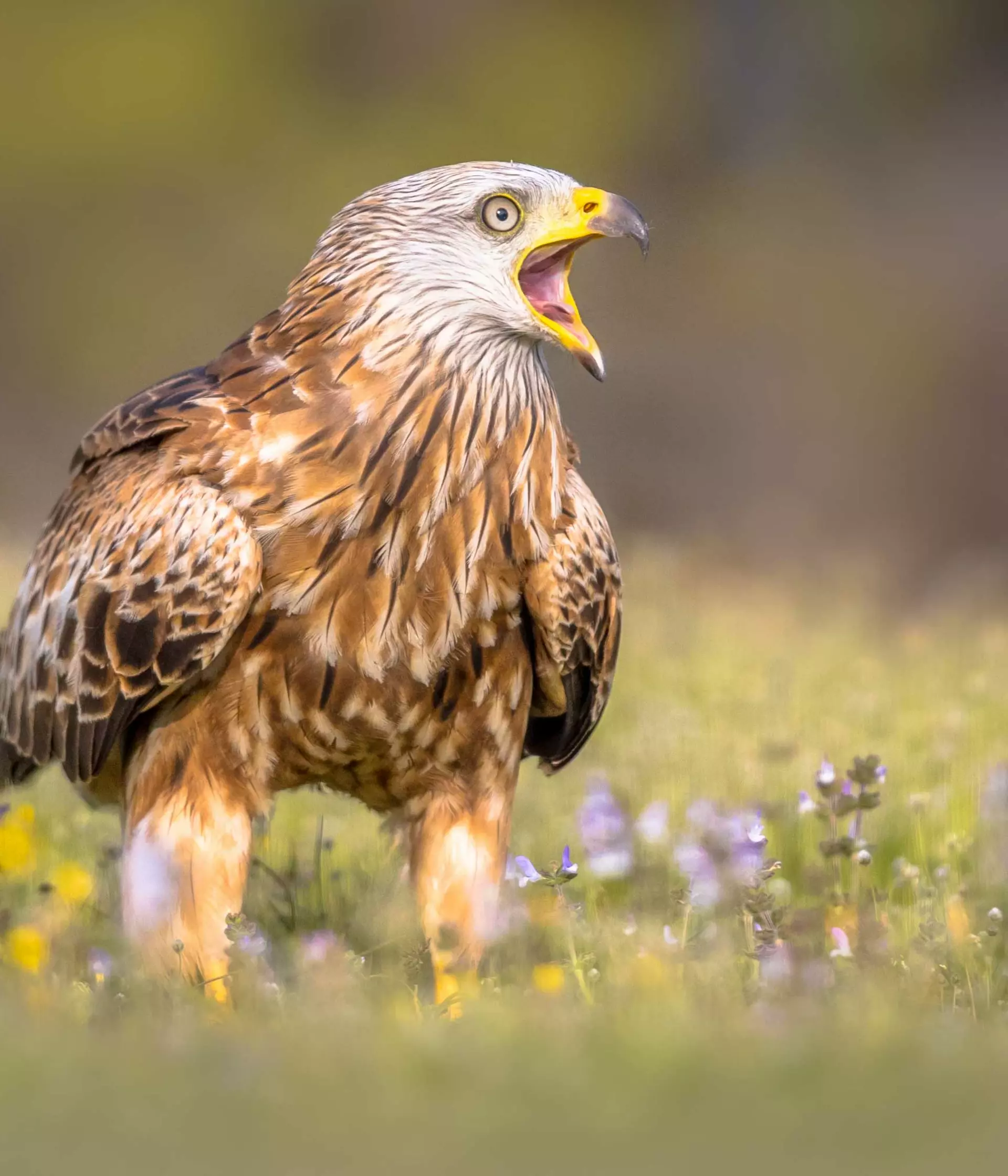Dr Tony Sainsbury
Senior Lecturer Wild Animal Health
Protecting red kites
Red kites are regularly killed from shooting and anti-coagulant rodenticide poisoning, despite their successful reintroduction programme in the UK. Between the 18th and 20th century numbers plummeted to a handful of breeding pairs bringing the species to the brink of extinction in Britain. But a reintroduction programme established by the RSPB and the Nature Conservancy Council has been so successful that there are now estimated to be over 5000 breeding pairs in England.
We are protecting red kites to ensure their numbers never crash again.
Protecting red kites
Health surveillance is critical to understand the challenges they face. Our scientists carry out post-mortem examinations on red kite carcasses to reveal disease threats, to make conservation smarter and better. Radiographs can indicate the presence of gunshot and display bony damage, tissue samples can prove poisoning following analysis, while bacteriology and virology give us a greater understanding of threats to health.
This scientific analysis tells us the story of the animal, which we use to understand and overcome the threats they still face.
Understanding unexplained red kite deaths in England
We’re making this impact with the support from Natural England and in collaboration with wildlife groups such as the RSPB and Predatory Bird Monitoring Scheme, the DRAHS team lead on health surveillance of red kites in England.
Monitoring red kite health
The DRAHS team is currently supporting a red kite conservation programme developed by the Central European Society for Raptor Protection (CESRP), which is currently active across 26 European countries, with the goal to protect red kites and other raptor species by reducing human caused mortality. As part of this project, plans were developed to translocate 90 red kites from England to Spain over a three year period. Working with the RSPB, Natural England, the Roy Dennis Wildlife Foundation and Acción por el Mundo Salvaje (AMUS) in Spain, DRAHS helped to successfully translocate 30 red kite chicks in June 2022 through developing a Disease Risk Management protocol and undertaking clinical examinations of the birds prior to transport.
All kites were successfully released, and plans are underway for next year.
Our DRAHS team provides essential wildlife health checks for conservation projects.
